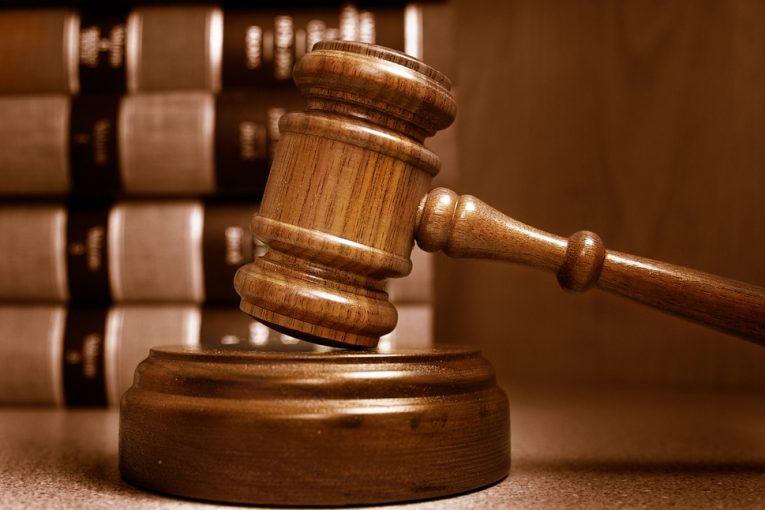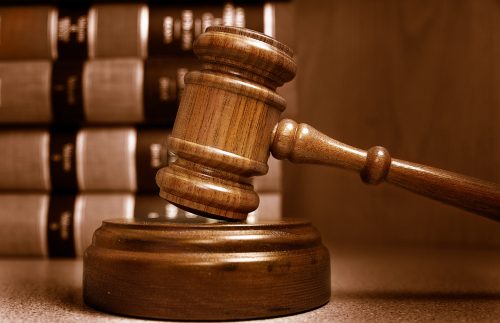

By The Vanguard Staff
ATLANTA, GA – Former ACLU attorney Nancy Abudu, just recently confirmed to the U.S. Court of Appeals for the Eleventh Circuit, is a different kind of attorney who made it to the bench – most jurists are former prosecutors or corporate lawyers, but not Abudu, according to Law.Com.
But, Abudu is among President Joe Biden’s numerous appointees with backgrounds as civil rights attorneys or public defenders. The White House has made a push to increase professional diversity in the judiciary, said Law.Com., noting “Abudu worked as interim director for strategic litigation at the Southern Poverty Law Center and as legal director of the ACLU of Florida.”
“At an American Constitution Society event Wednesday, Abudu and two other Biden appointees – Judges Nina Morrison and Araceli Martinez-Olguin—talked about how they went from being civil rights attorneys to serving on the bench. The event was geared toward teaching public-interest lawyers about the nomination process,” reported Law.Com.
Abudu’s nomination was blocked by Republican members of the Senate Judiciary Committee at one point, but she claims having more diverse judges helps give the judiciary more credibility “even when the outcomes aren’t what one of the litigants might want.”
A supervising attorney for the National Immigration Law Center for four years before being nominated in 2022, “Martinez-Olguin said she, too, didn’t always have aspirations of joining the bench, but she applied after hearing that the White House sent a letter in December 2020 to Democratic senators asking them to prioritize recommending potential judicial nominees who have served as public defenders or civil rights lawyers,” wrote Law.Com.
Morrison, who serves on the U.S. District Court for the Eastern District of New York, said she applied with both New York senators’ nomination screening committees as a way to encourage her friends who also worked as civil rights lawyers to seek out judgeships.
Morrison, who worked for 20 years at the Innocence Project as it worked to exonerate wrongfully convicted individuals, according to Law.Com, said her confirmation hearing was difficult, and she “faced attacks from Republican committee members who accused her of being “soft on crime” and criticized her criminal defense record.
“It’s like a good trial prep,” Morrison said of the White House assistance. “They were even tougher on me than the senators were and I felt as ready as I could be.”
“When I decided to really devote my career to public interest, I was prepared to retire with that title as a civil rights lawyer,” Abudu said.
“I applied because I felt like I was calling someone’s bluff,” said Martinez-Olguin, who serves on the U.S. District Court for the Northern District of California.
Abudu, said Law.Com, noted “public-interest lawyers nominated to the bench have seen their representations of vulnerable individuals weaponized during the confirmation process…So you have to remember, at least for those coming from a public-interest background, that it is not personal, that it is not really about you.”
Law.Com said Dana Remus, who served as Biden’s White House counsel from January 2021 to July 2022, commented that “the White House spent time educating senators about what types of candidates the president was seeking,” noting, “We weren’t looking for people who were going to skate by because they checked all the traditional boxes,” said Remus.
“Abudu said the background check is extensive and that she spent many hours filling out the judicial nomination form, combing through every article she wrote and presentation she gave. For those interested in pursuing a seat on the bench, Abudu said it’s best to be mindful of ‘the things you say and how you say it,’” wrote Law.Com.
During the process, Morrison said it helped that she already had a low social media profile. She said it’s also important to be friendly with opposing counsel and others in your professional life if you plan to seek a judgeship in the future.
“You can be a fierce advocate but still be kind to people and treat them as human beings,” she said. “I always took the approach that almost everyone in the system who I dealt with, even if I disagreed with them, was trying their best, thought they had the righteous side of the cause even if I didn’t agree with them.”
“Martinez-Olguin said those interested in a judgeship should remember that they don’t need to have expertise in all areas of the law (and) it’s more important to show you have attributes that a judge needs, such as being willing to learn and looking at all sides of a problem,” Law.Com wrote.
“There’s no one who shows up knowing everything they need to know,” Martinez-Olguin said to Law.Com. “Be excellent at what you do and show you are who you are and you can learn the rest of it, because you will.”